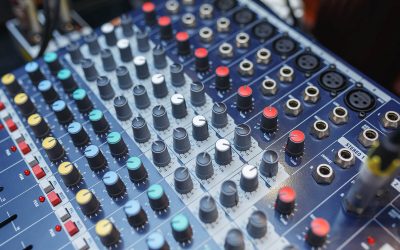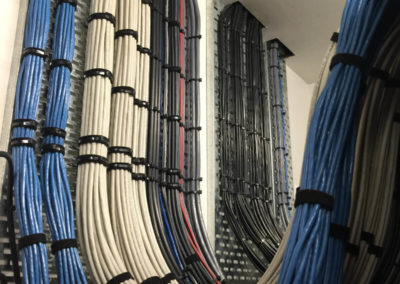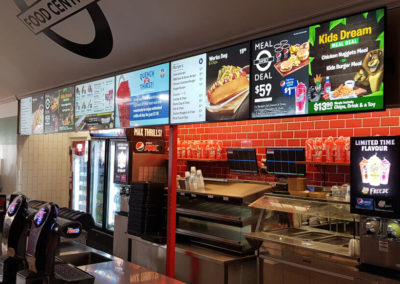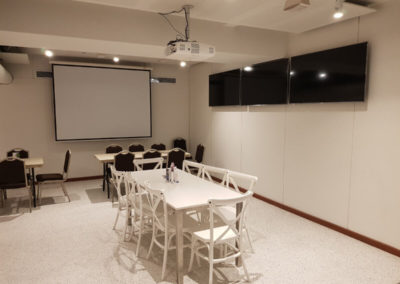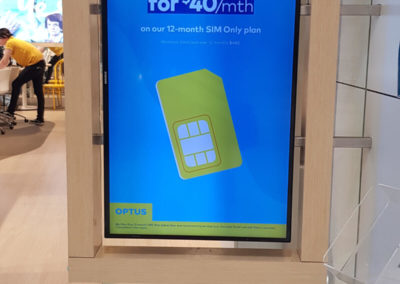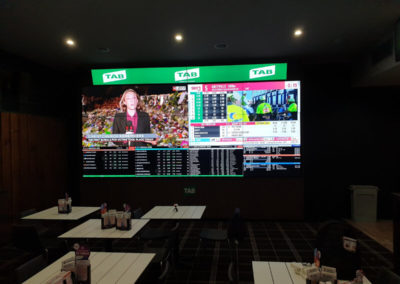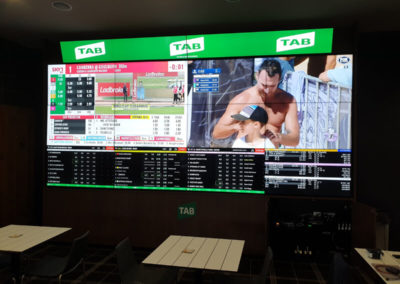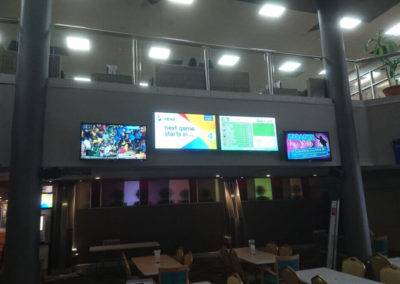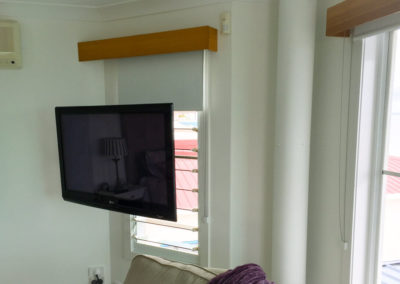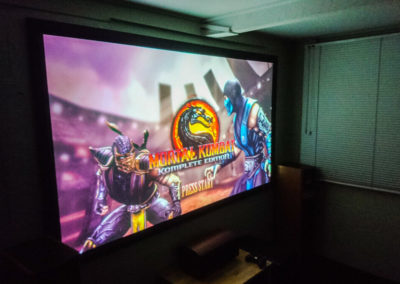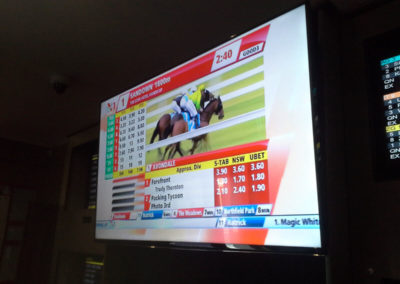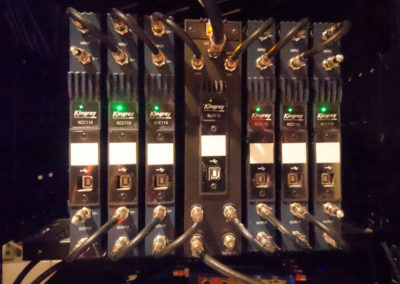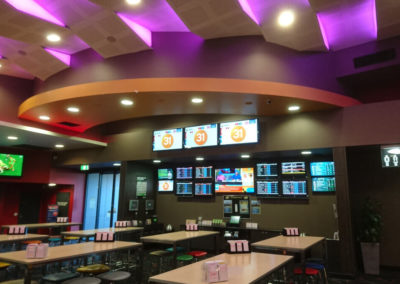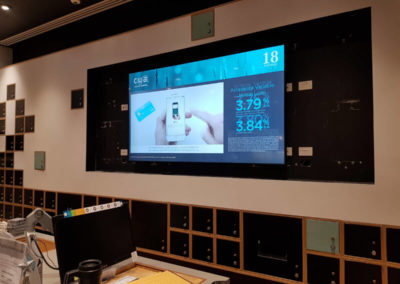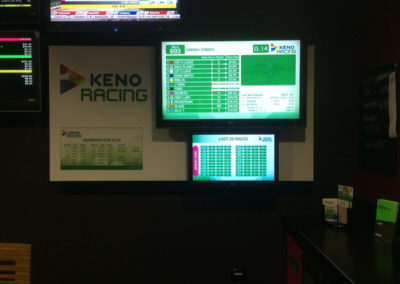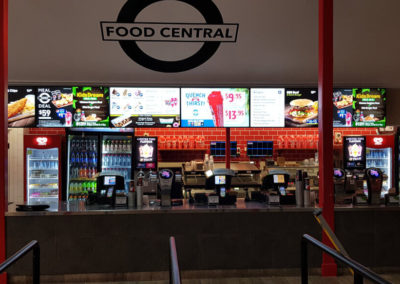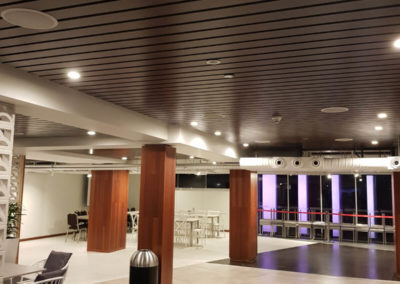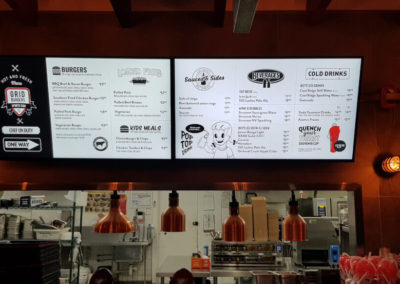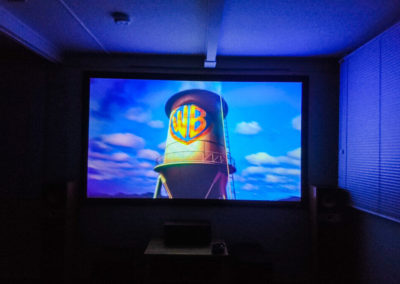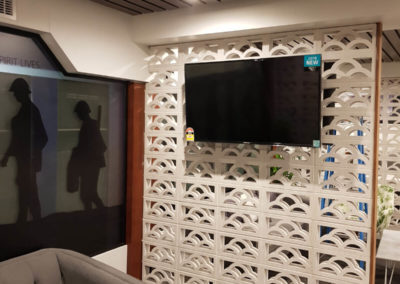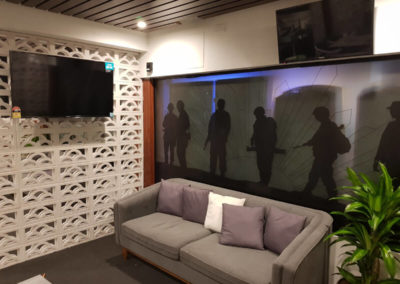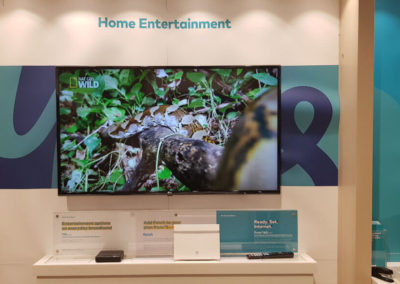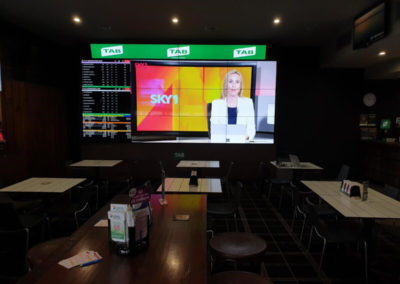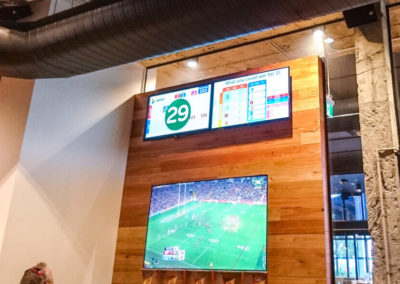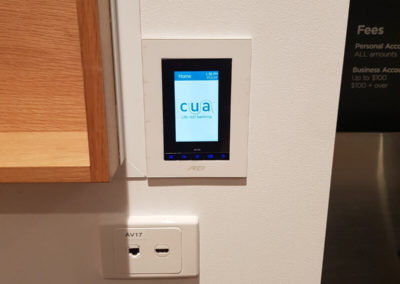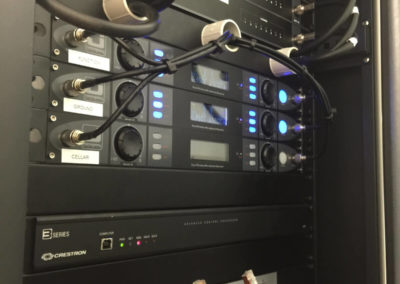What Equipment Do I Need For A Home Theatre?
What Equipment Do I Need For A Home Theatre?
Are you thinking about creating your own home theatre but don’t know where to start? At 13001Comms, our team of experienced tech specialists know exactly how to make your home theatre dreams come true. There are two main areas that you need to think about and create a plan:
- Your home theatre room specifics including acoustics, lighting, storage, screen size etc.
- Your chosen equipment including speakers, AV receivers, TVs, projectors etc.
Home Cinema Room Details
You’ll need to choose the space you want to turn into your home theatre, whether that be a shared space such as a lounge or dining area or one room for your home theatre alone. You will need to consider:
- Acoustics – The shape and size of a room impact the acoustics of a home theatre. More solid and insulated walls, paired with a closed, square layout will provide better acoustics. This is not possible for everyone, so steps can be taken to improve acoustics such as adding additional sound insulation, adding a collapsible wall section or optimising speaker placement. Most modern AV receivers have good quality room correction software that can assist in improving sound fidelity in unusually shaped rooms.
- Screen Size – Your screen size depends on the layout of your home theatre space, how large the viewing wall is and how far away from the screen you will be.
- Flooring – Sound and bass can be affected by your flooring depending on whether you have carpet, tiles, or wooden floors. We recommend carpet to absorb harsh audio and prevent echoing in your home theatre. If tiles or wooden floors must be used, rugs can be used to effectively minimise echoes.
- Storage – Home theatre equipment can take up a fair chunk of space, and having it sit on the floor is not a very attractive, practical or safe location for this expensive and sensitive equipment. Some bespoke home theatres have equipment built into the walls, or hidden away in an external cupboard, but this is not always possible or practical. Depending on the room, you may want to consider placing equipment inside a cabinet or television stand.
- Lighting – Lighting is often overlooked in home theatres, as most people assume the lights go off as soon as the movie starts. However, in most cinemas the lights just dim, leaving people with just enough lighting to go to the bathroom or get a drink refill without spilling popcorn or stubbing their toe. Dimmable lighting is a great way to achieve this effect and bring your theatre experience to life.
What Home Theatre Equipment To Use
Once you’ve got the room specifics figured out, the next step is deciding what equipment you’ll need. We’ve put together a list of essentials for you to tick off to create your dream home theatre.
- TV or projector – The viewing screen is the main feature of your home theatre. You can choose between a range of TVs or video projectors at various resolutions. The optimal screen size and projector type will depend on the size and layout of your home theatre space, however the standard resolution for a high end home theatre is a 4K.
- Speakers – You should shop around and listen to a few different speakers before deciding on the right one for your home theatre. Whether you’re going for a surround sound setup or a high quality sound bar, you’ll want a reliable brand that works with the layout of your chosen space.
- AV Receiver – Your AV receiver is the heart and soul of your theatre system, managing inputs, amplifying and modifying signals, routing outputs and bringing everything together. There are a myriad of different AV receivers on the market, each slightly differing in feature offerings and number of ports and channels – the right receiver is very dependent on your other setup choices. You should opt for a modern receiver that has 4K capability (even if your TV isn’t 4K, it will help future proof your solution), enough inputs to fit all of your devices (such as games consoles, Apple TV’s, Chromecasts etc), network functionality for external control/streaming and enough channels to suit your speaker setup.
- Cables – HDMI cables are very affordable and can most likely connect everything you’ll need in your home theatre. Note that you’ll likely need HDMI cables that are HDCP 2.2 compliant, so older HDMI cables probably won’t work with your setup. HDCP 2.2 is a copyright protection protocol that allows authorised devices (such as a 4K television and a AV receiver) to authenticate securely via a handshake over the cable. As for your speakers, if they are not wireless, you will need some high quality speaker wire that is the correct gauge for your setup (speaker wire is sometimes included with speakers, so check this before doubling up).
- Sources – You’ve got a lot of options for source components including gaming consoles, streaming devices (such as laptops, Apple TVs, Google Chromecasts etc), DVD or Blu-Ray players and much more. Ensuring you have enough switchable inputs included with your AV receiver will stop you from having to constantly unplug and plug in devices to change sources.
- Programmable remote – With a home theatre comes multiple technologies each with individual remotes. To make things easier, we would recommend getting your hands on a universal remote which you can use across all your devices. Some devices also facilitate remote control apps from your phone.
- Surge protection – You should consider surge protectors as there will be a lot of expensive and sensitive electrical equipment within your home theatre. A power outage or surge can happen at any time and cause damage to your devices. Surge protectors are a relatively inexpensive and easy way to keep your home theatre safe.
- Chairs – With consideration of your screen size, space and budget, comfortable seating and furniture is a must for your home theatre. You’ll be spending the majority of your home theatre experience sitting in your chosen chairs, so don’t be afraid to test out display items when shopping around!
As you can see above, there are numerous components that go into building a home theatre. To consult our team of experienced Brisbane Home Theatre specialists, call us on 1300 126 667 today or contact us here to make your dream home theatre a reality.


